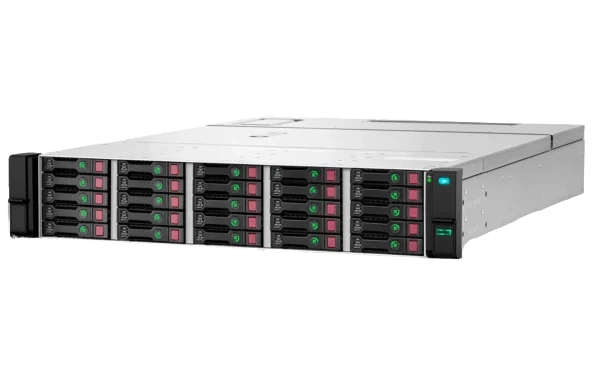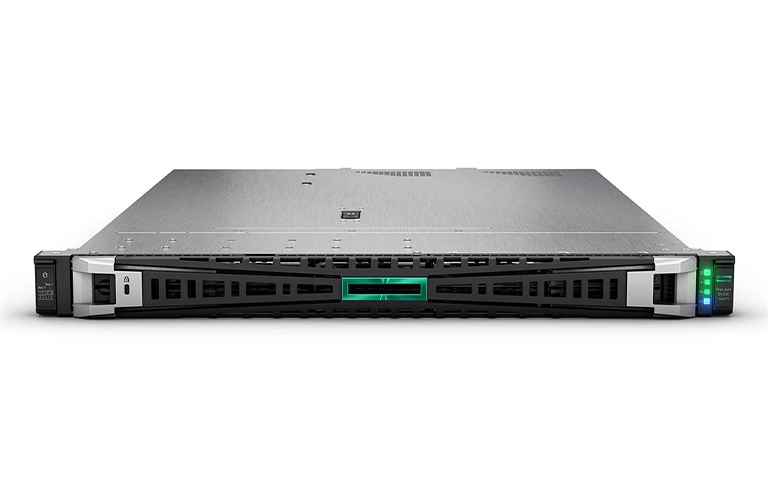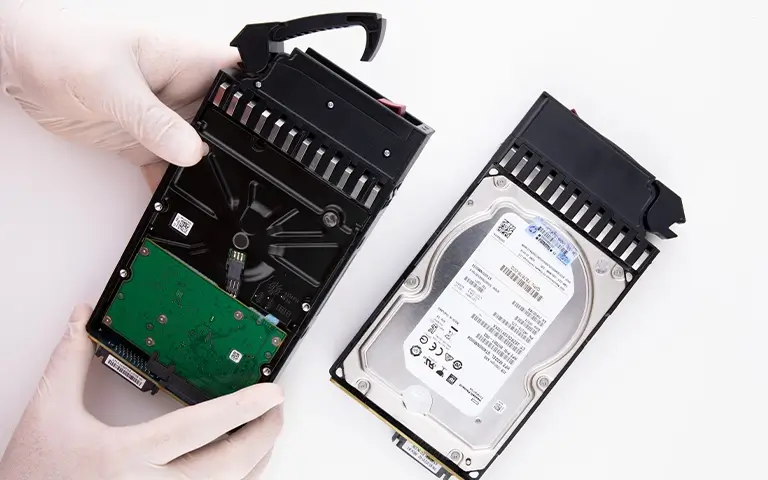A reliable server is the foundation of every modern business. It stores critical files, manages software, and supports communication across departments.
Choosing the right server directly affects your company’s speed, security, and productivity.
An outdated or poorly configured system can lead to downtime, data loss, and reduced performance.
Whether you run a small office or a growing enterprise, selecting the right infrastructure ensures stable operations and long-term scalability.

Understanding What a Server Does
A server is a specialized computer designed to store, manage, and distribute data or applications across a network. Unlike regular desktops, servers run continuously, allowing employees to access files, emails, or software securely from multiple devices.
They also handle backups, user authentication, and centralized data management, ensuring that your business information remains consistent and protected.
Depending on your setup, a server can operate on-site, in the cloud, or through a hybrid model that combines both. Understanding this foundation is key before deciding which server solution best fits your organization’s needs.
Key Factors to Consider When Choosing a Server
When selecting a server for your business, several technical and operational factors determine its performance and reliability:
Performance and Processing Power: Choose a CPU that can handle your company’s daily workload efficiently.
Storage Capacity and Type: Assess how much data your team generates. Solid-state drives (SSDs) offer faster performance than traditional HDDs.
Scalability: Opt for a system that can grow with your business. Expansion options help avoid future limitations.
Network Speed and Reliability: A strong network connection ensures uninterrupted access to data and applications.
Security and Redundancy: Look for servers with built-in RAID configurations, encryption options, and backup support.

Comparing Server Types: On-Premises vs Cloud vs Hybrid
Fast turnaround times for business-critical data
Hardware Requirements for Business Servers
Your server’s hardware directly influences its speed, stability, and ability to handle workloads. The key components to consider include:
Processor (CPU): A powerful CPU ensures smooth multitasking and efficient handling of database and network requests.
Memory (RAM): Adequate RAM prevents slowdowns when multiple users access applications simultaneously.
Storage Drives: Use enterprise-grade SSDs or HDDs with RAID configurations to improve performance and redundancy. Learn more about RAID options in our post on RAID Configurations for Server.
Power Supply: Choose redundant power supplies to minimize downtime in case of electrical failure.
Proper hardware selection ensures consistent performance and supports long-term scalability.

Data Security and Backup Considerations
A secure server setup must protect business data from both internal and external risks. Implement encryption, access controls, and regular vulnerability scans to safeguard sensitive information.
RAID configurations provide redundancy, helping protect data from drive failures.
However, they don’t replace proper backups. Combining RAID protection with scheduled backups ensures your files remain safe even after unexpected events.
Learn more about reliability metrics in our guide on RAID Failure Rate.
For added resilience, integrate off-site or cloud-based backups. They allow quick recovery during disasters or system failures. Explore practical strategies in our post on Server Cloud Backup.
When to Consult IT or Data Recovery Professionals
Even with proper planning, servers can face hardware malfunctions, software corruption, or unexpected downtime. When these issues occur, it’s crucial to involve professionals before data becomes unrecoverable.
IT specialists can assess performance, manage upgrades, and implement preventive maintenance.
However, if the issue involves drive failure, RAID corruption, or data inaccessibility, you should contact data recovery experts.
At RAID Recovery Services, our engineers handle complex server recovery cases with precision and care.
Learn more about early intervention and diagnostics in our guide on Troubleshoot RAID Failure.
Professional evaluation not only restores functionality but also prevents future data loss.

Conclusion: Building a Reliable Server Infrastructure
Choosing the right server for your business is more than a technical decision. It is an investment in reliability, security, and long-term growth. The right setup ensures stable performance, efficient collaboration, and protection of vital business data.
By understanding server types, hardware requirements, and backup strategies, you can build an infrastructure that supports your operations today and adapts as your company grows.
If your server experiences data loss or performance issues, contact RAID Recovery Services. Our specialists are ready to restore your system and help maintain a dependable server environment.
Trust the experts with proven results
Frequently Asked Questions
What factors should I consider when choosing a server for my business?
Focus on performance, storage capacity, scalability, and security. You should also evaluate whether an on-premises, cloud, or hybrid setup best fits your business needs.
How much storage does my business server need?
Storage requirements depend on the size of your company and the type of data you manage. Always plan for future growth and consider using RAID configurations for redundancy.
What is the difference between a cloud server and an on-premises server?
A cloud server is hosted online and managed by a provider, while an on-premises server is physically installed at your business location. Cloud servers offer flexibility, while on-premises servers give more control.
How can I protect my business data on a server?
Use encryption, access controls, and RAID redundancy. Regular backups and updates are essential to prevent data loss and maintain security.
When should I contact professionals for server recovery?
If your server becomes inaccessible, shows RAID errors, or suffers a hardware failure, contact RAID Recovery Services immediately. Our experts can safely recover and restore your business data.